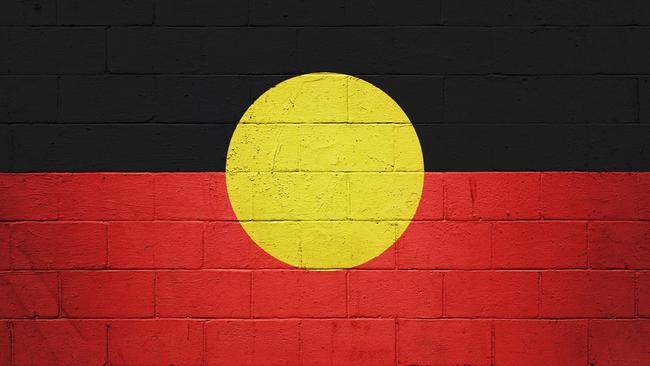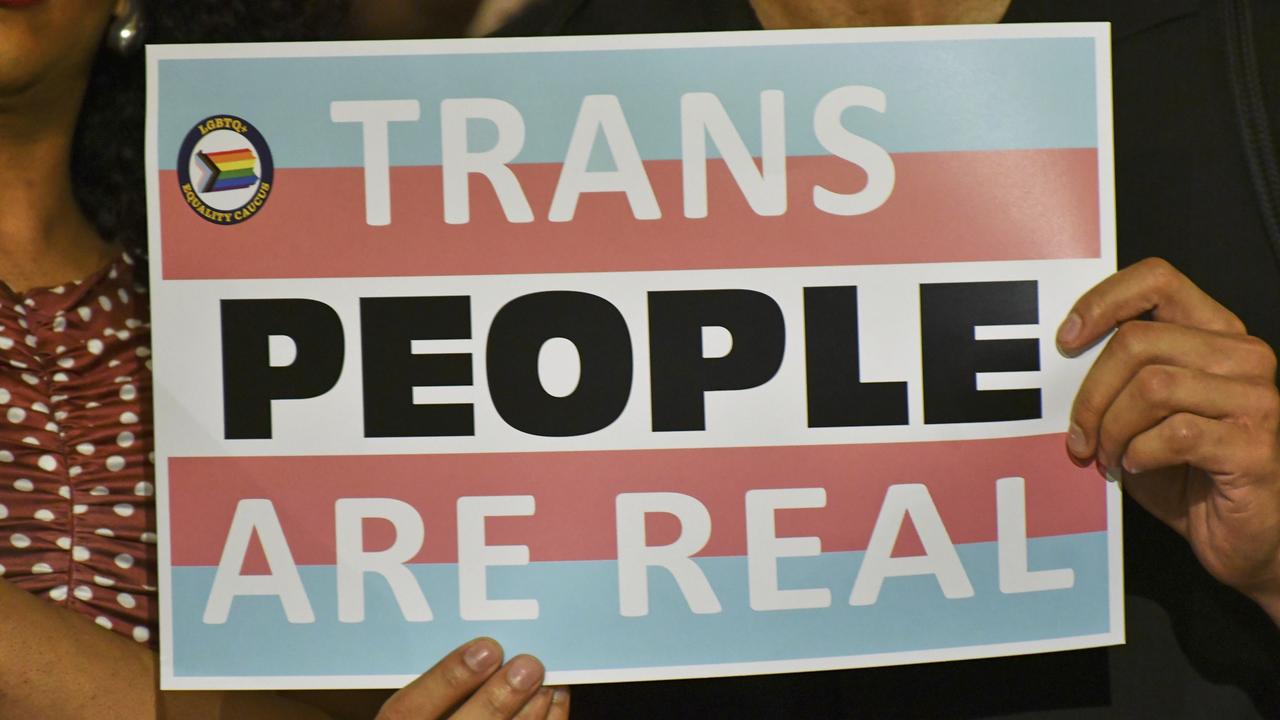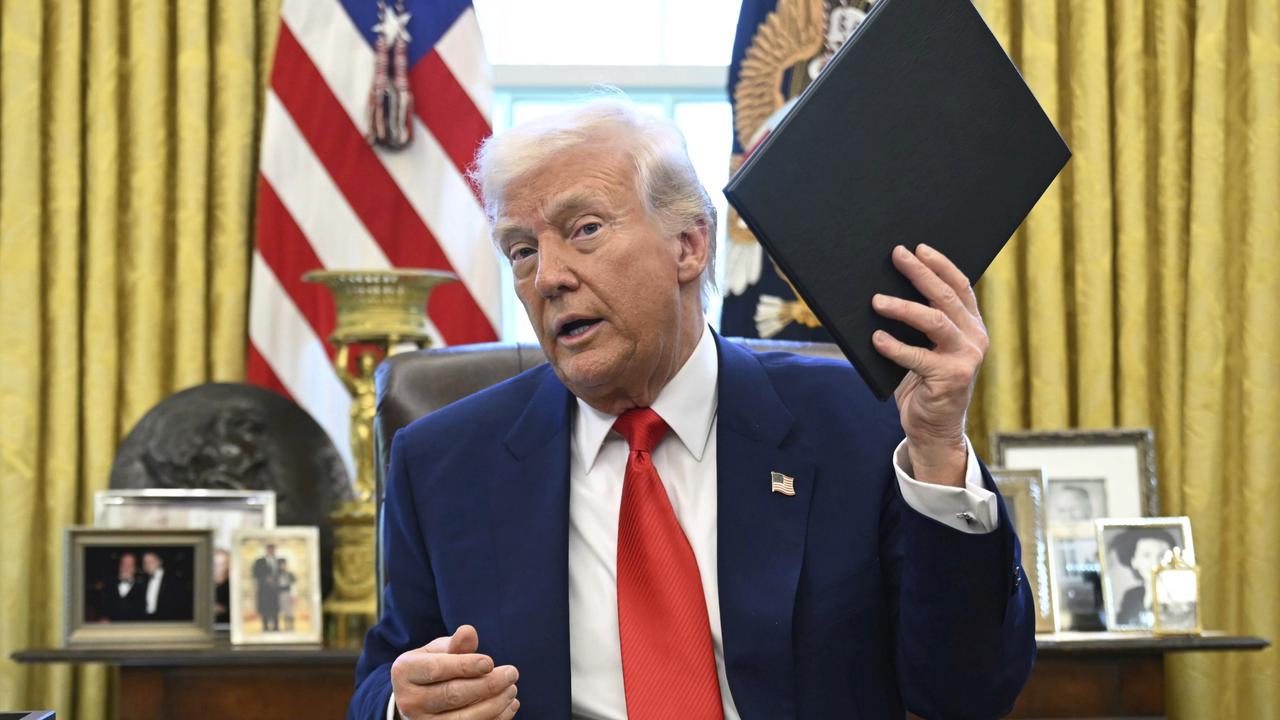Indigenous culture not to blame for alcohol abuse, violence

The argument that Aboriginal culture is to blame for Aboriginal people being over-represented in cases of domestic and other forms of violence is wrong.
Our culture is who we are. We are inextricably part of our culture, our language, our customs, our spirituality, our worldview. Our law maintains our culture. To take these things away is to remove our identity.
It is a dangerous discussion because it is about the systematic dehumanisation of a group that might have catastrophic consequences.
Price wrote on this page about Yolngu law, but she is not a member of the Yolngu nation and she is not from Yolngu country. She has referred to an article titled Ngarra Law that has no authority.
It was written in English by one Yolngu elder and edited by a non-indigenous man who has no connection to, or authority, under Yolngu law, and was published in a journal no longer in print.
It was not supported by any other Yolngu leader or elder and was challenged by Yolngu leaders in meetings in Galiwin’ku, Ramingining and Maningrida in 2017 to dispute much of the content. We are disappointed about what has been written of our law.
I am not relying on anyone else for my understanding of my law. I am a djirrikaymirr (senior leader) and djungaya (manager) and djagamirr (caretaker) for many Yolngu law ceremonies, including a custodian of Ngarra rom (an institution of law). Our law is not merely a collection of crimes and punishments, it is a whole system of education, discipline and leadership that starts at a young age and continues for a lifetime.
I know this not from reading an article but because I have been trained in this all my life. I was taught by my elders to keep true to the law. When I went away to school I was warned there would be many outside temptations (like alcohol, drugs, greed) and that I must hear the sound of clapsticks and feel the painting on my skin, that signifies living by discipline and a pathway to leadership.
This law system has kept alive and made strong a society that has existed since time began. But these are modern-day issues, they are new to us, and just as Western law has adjusted, we need the opportunity for our elders — men and women — to apply a modern Yolngu response. It’s up to us to do that. It must come from us.
It is clear that foreign solutions are not working for our people. Billions of dollars are spent each year trying to solve what others call the “Aboriginal problem”, but as the Intervention continues to evidence, this pathway is failing everyone.
It is a very sad thing that these days visitors to our communities see all of the outward signs of poverty and disadvantage. These should never be confused with our system of law and culture. Alcohol and drugs are not our culture; overcrowding is not our culture; unemployment and bored kids are not our culture; high rates of imprisonment are not our culture; poor health and suicide are not our culture; and family violence is not our culture. These are not a product of our culture, they are all the side-effects found in every society around the world that is affected by poverty, disadvantage, and colonisation.
As a senior leader, I need to be clear: the family violence that we are seeing in our communities is not lawful — it is breaking the law.
But we are also facing issues of alcohol and drug addictions, gambling addictions, high levels of unemployment, high levels of welfare dependency, and low levels of self-worth, and we must solve these issues too if we are to be successful.
If a visitor to our communities is fortunate enough to attend our ceremonies or live with us, they will see elders leading and organising and educating. They will see young men, fit and confident, humble and dedicated. They will see young women proud and strong. They will see small children everywhere learning and observing. This is our culture, it is full of healthy and vibrant life. At one point not so long ago, this was our everyday — where our communities were governed without outside influence.
To tackle the problems that Price and myself and all of us want to see fixed requires a more mature conversation. This should start with focusing on the behaviour and not pointing the finger at “culture”. The idea that abandonment of culture is the great hope for Aboriginal people is false, offensive, and dangerous. We must connect our past, present, and future as we look to address these issues.
Yingiya Guyula is a senior leader for the Liya-Dhalinymirr clan of the Djambarrpungu people within the Yolngu Nation. He is an independent member of the Northern Territory parliament.



The efforts by Jacinta Price and others to blame Aboriginal culture for violence and abuse serve no one and achieve nothing positive.